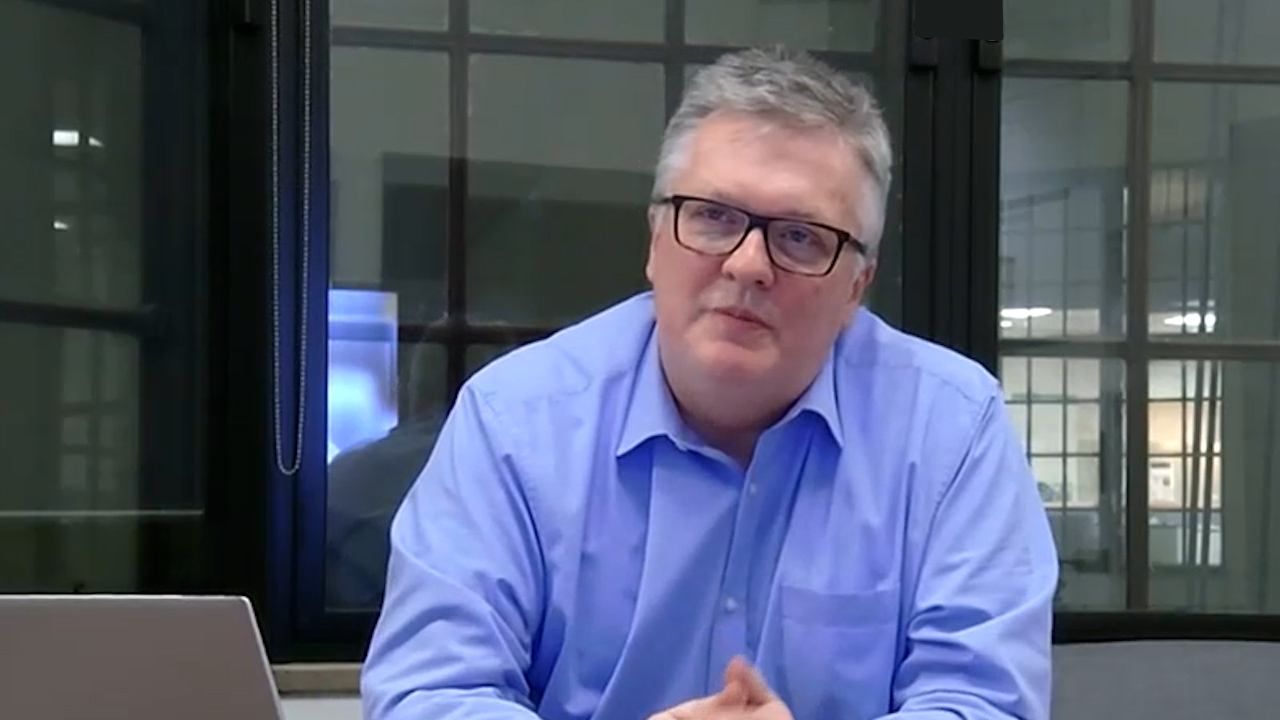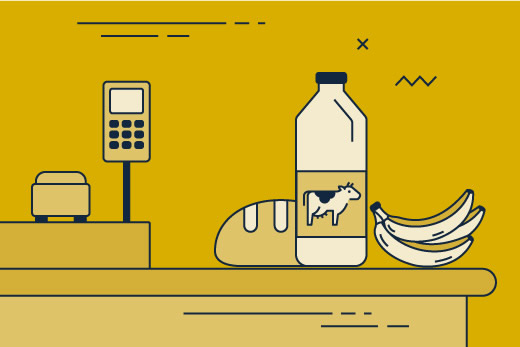20 June 2024
We kept our interest rate at 5.25% on Thursday 20 June. It’s good news that inflation has returned to our 2% target. We need to make sure that inflation will stay low and that’s why we’ve decided to hold interest rates for now. Achieving low and stable inflation is the best thing we can do for people and businesses in the UK.
If you are looking for advice there are organisations that may be able to help you.
Current inflation rate 2%
Target: 2%
Current Bank Rate 5.25%
Next due: 1 August 2024
Your questions answered
-
The next decision on interest rates will be on Thursday 1 August 2024. We publish the dates of all our forthcoming decisions on our website.
-
We can’t say exactly what our interest rates will be in the future because it depends on how the economy is doing and what is likely to happen to inflation.
We need to be sure inflation will stay low.
Read more in our explainer on when interest rates might fall.
-
A group of nine people who make up the Bank of England’s Monetary Policy Committee (MPC) decides what the UK’s base interest rate (Bank Rate) is. They meet every six weeks to look closely at how the UK economy is doing.
Before they decide, they try to understand the state of the economy now and what it’s likely to be in the coming months. The things they look at include:
- how fast prices are rising
- how the economy is growing
- how many people are unemployed
-
Prices have risen more quickly than usual over the last two and a half years. There are three main reasons for this.
The first reason was the Covid pandemic. While people had to stay at home, they started to buy more goods rather than services. But the people selling these goods have had problems getting enough of them to sell to customers. That led to higher prices – particularly for goods imported from abroad.
The second reason was Russia’s invasion of Ukraine, which led to large increases in the price of gas. It also pushed up the price of food. Poor harvests in other countries made the situation worse.
The third reason was a big fall in the number of people available to work. That was linked to the Covid pandemic. It’s meant that employers have had to offer higher wages to attract job applicants. Many businesses have had to increase their prices to cover those costs. That includes firms in the services sector, where wages are the largest part of business costs.
-
The Bank of England makes sure inflation comes down by raising interest rates. We have raised interest rates since December 2021 to get inflation down. It takes time to work, usually 18 months to two years. Inflation has fallen from over 11% in the autumn of 2022 to 2% now.
-
Higher interest rates mean people overall will spend less on goods and services in the shops and online. So, the economy slows down and companies can’t put up their prices so quickly.
People whose mortgage payments are higher will have less money to spend on other goods and services. More generally, higher interest rates make it more expensive to borrow money to pay for things and more attractive to save if you are able to. This tends to reduce spending on goods and services in the economy. Businesses who provide these good and services will often need to reduce their prices to tempt more people to buy them.
You can find out more in our explainer on how higher interest rates help to bring down inflation.
-
We know this is worrying for lots of people.
How quickly prices are rising is measured by the Consumer Price Index (CPI). CPI inflation fell from 11% in October 2022 to 2% in May 2024. We expect it to rise again slightly later this year. But lower inflation doesn’t mean prices will fall on average. It means they will increase less quickly.
-
Inflation was over 11% in the autumn of 2022, and it was 2% in May. That is the lowest it’s been in more than two years.
Read more in our explainer on when inflation will come down.
-
We started raising interest rates in December 2021. The economy was just emerging from the pandemic. Our main concern around that time was whether the end of the Covid furlough scheme would generate a lot of unemployment, and push down on inflation.
Once we saw that the end of furlough wasn’t generating widespread job losses, we started to put up interest rates. Raising rates much earlier than that would have meant doing so in the middle of the pandemic, when the economy had weakened dramatically, and the jobs of millions of people were uncertain, which would have been a bad idea.
Even in December 2021, no one was expecting a war in Ukraine and what was about to happen to gas prices as a result. Our job is to react to unexpected events, and make sure that inflation comes back to the 2% target, not to pretend that we can predict them.
Since December 2021 we have raised our interest rate (Bank Rate) 14 times. The most recent rise was on Thursday 3 August 2023, when we raised it by 0.25 percentage points to 5.25%.
Explainers
Q&A with our Chief Economist
On Thursday 9 May 2024, our Chief Economist Huw Pill answered your questions about the cost of living in a live Q&A.

- Virtual Q&A with Chief Economist Huw Pill - 5 February 2024
- Virtual Q&A with Chief Economist Huw Pill - 6 November 2023
- Virtual Q&A with Chief Economist Huw Pill - 7 August 2023
- Virtual Q&A with Chief Economist Huw Pill - 15 May 2023
- Virtual Q&A with Chief Economist Huw Pill - 6 February 2023
- Virtual Q&A with Chief Economist Huw Pill - 7 November 2022
- Virtual Q&A with Chief Economist Huw Pill - 10 August 2022
Support with the cost of living
Citizens Advice
Citizens Advice can give advice on how to get help if you're struggling to pay for things.
- Citizens Advice (main website for England and Wales)
- Citizens Advice Scotland
- Advice for Northern Ireland
StepChange
Contact StepChange to get expert debt advice and fee-free debt management to help you tackle your debt.
Money Advice Trust
- National Debtline – free advice and resources to help you deal with your debts.
- Business Debtline – free debt advice for small businesses and people who are self-employed.
Government support for households
See what support you could be eligible for.
Age UK
Age UK provide reliable and impartial information and advice on a range of topics. Age UK's advice line is a free, confidential national phone service for older people, their families, friends, carers and professionals. Age UK can help you to access the advice you need.
Household inflation calculator
Use the inflation calculator created by the Office for National Statistics to see how increases in the cost of living have affected you in the past year.
You can find answers to more questions on our Frequently Asked Questions page.




